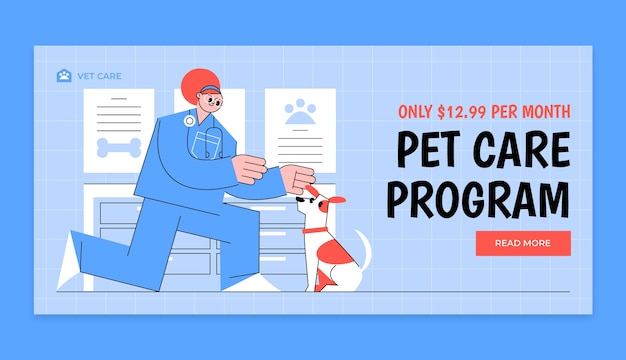
If you’re like most pet owners, you probably see your pets as part of the family. However, pet-care costs can really add up and put a strain on your budget. Here are some practical tips to help you save money on pet care without compromising the well-being of your furry friends:
**Invest in Pet Healthcare**
One of the smartest ways to manage high veterinary costs is to prepare for them in advance. Many savvy pet owners set up a separate savings account specifically for potential medical expenses, covering everything from emergency vet visits to end-of-life care. Another effective strategy is to get pet insurance. Veterinary bills can gradually increase, with multiple $400 visits adding up to thousands over time. Pet insurance can help by offering a lower monthly premium, giving you peace of mind that you can handle sudden emergencies without financial stress.
**Spay/Neuter Your Pets**
Spaying or neutering your pets has significant benefits, not just for your own animals but also for the community. The Humane Society reports that 6 to 8 million animals enter shelters annually, with less than half being adopted. By spaying or neutering your pets, you help reduce overpopulation and improve their health, which can save you money in the long run. Neutered male dogs live 18% longer, and spayed female dogs live 23% longer than their unaltered counterparts.
**Shop Wisely**
Pet food can be a major expense, especially if your pet requires a special diet. Most cats and dogs do well on standard kibble or canned food, so you can save money by opting for store-brand options from major pet supply retailers. If you’re concerned about quality, consult your vet, but avoid buying food directly from the vet unless necessary, as it’s usually more expensive. Buying pet food in bulk and feeding your pets the appropriate serving sizes for their weight and body type can also help you save money and prevent health issues related to overfeeding.
**Focus on Preventing Problems**
Regular preventive care can save you thousands in veterinary costs over time. Keeping up with vaccinations is crucial, but there are also simple things you can do at home. For example, using a pet-specific tooth brushing kit can maintain your pet’s oral health and prevent issues like plaque, gingivitis, and tooth loss. Additionally, keep an eye on your pet’s eyes for any discharge or cloudiness, which could indicate health problems.
**Spend Quality Time With Your Pets**
Daily exercise, play, and affection are essential for your pet’s well-being and are completely free. Different pets have varying activity needs, so ensure they get enough physical activity. Regular exercise is vital for their physical health and social needs. Dogs, in particular, are social animals that crave human interaction, while cats, though seemingly more independent, also need interactive play and affection.
By following these tips, you can provide excellent care for your pets while keeping your budget in check.